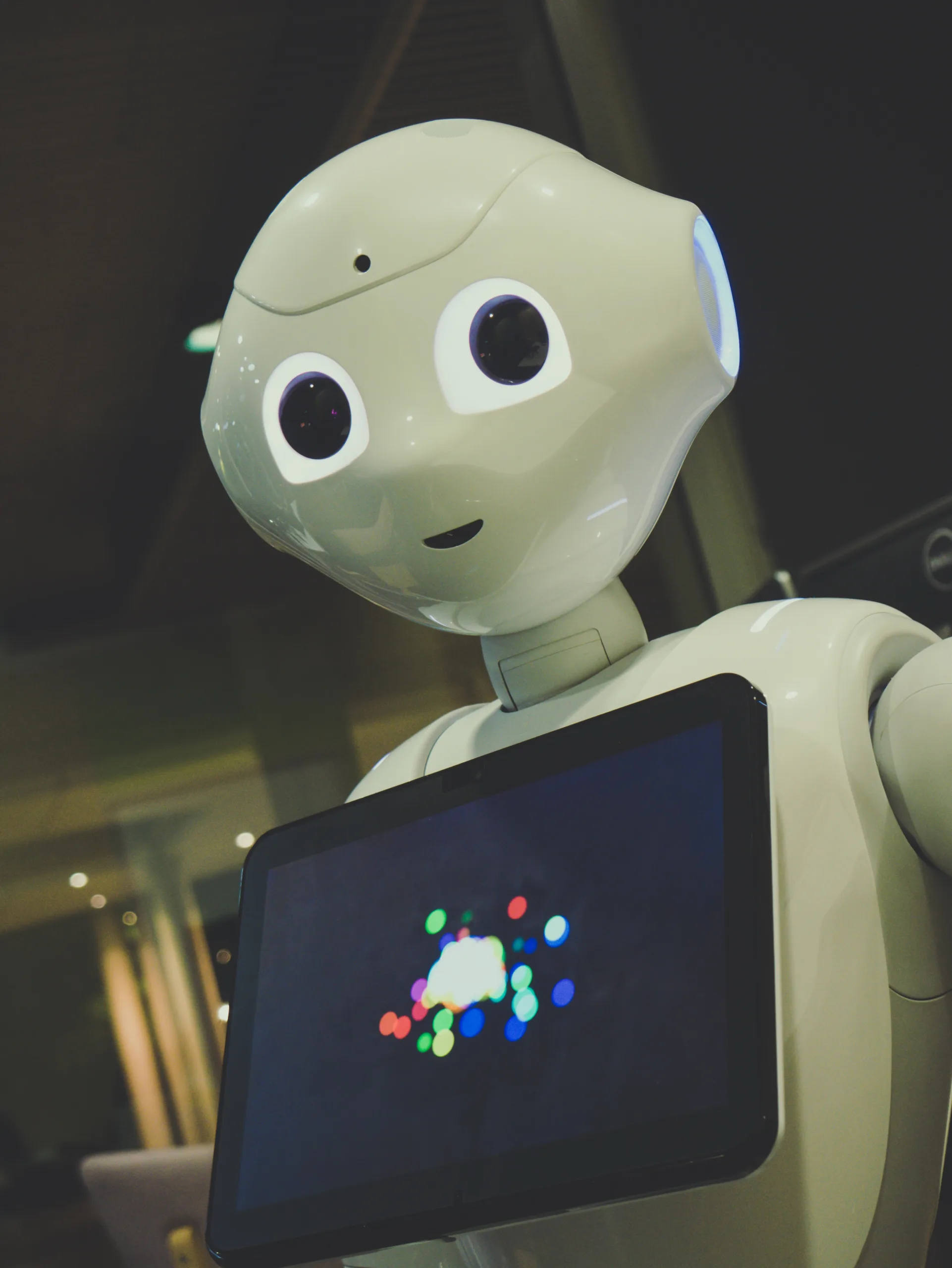AI to Disrupt TV Market with Enhanced Accessibility Features, Say Industry Leaders

Photo by <a href="https://unsplash.com/@owenbeard" rel="nofollow">Owen Beard</a> on <a href="https://unsplash.com/?utm_source=hostinger&utm_medium=referral" rel="nofollow">Unsplash</a>
Artificial Intelligence (AI) has become a game-changer in various industries, and now it is set to revolutionize the TV market with its enhanced accessibility features. Industry leaders predict that AI-powered technologies will greatly improve the way people with disabilities access and interact with television content, making it more inclusive and user-friendly.
Accessibility has always been a crucial concern in the entertainment sector, and television is no exception. Traditional TV interfaces often present challenges for individuals with visual, hearing, or mobility impairments. However, advancements in AI technology are now paving the way for a more inclusive television experience.
Enhanced Captioning and Subtitling
One of the key areas where AI is making a significant impact is in the realm of captioning and subtitling. AI algorithms can accurately transcribe spoken words and convert them into text, providing real-time captions for live broadcasts and prerecorded content. This feature not only benefits individuals with hearing impairments but also helps those who prefer to watch TV without sound, such as in public spaces or during late-night viewing.
Furthermore, AI-powered captioning systems can automatically identify and differentiate between multiple speakers, improving the accuracy and readability of the captions. This breakthrough ensures that viewers can follow dialogues more effectively, regardless of their hearing abilities.
Voice Control and Gesture Recognition
Another area where AI is set to disrupt the TV market is in the realm of voice control and gesture recognition. These features enable individuals with mobility impairments to control their TVs without relying on traditional remote controls.
With voice control, users can simply speak commands to change channels, adjust volume, or even search for specific content. This hands-free approach provides a more convenient and accessible way for people with limited mobility to interact with their televisions.
Gesture recognition takes accessibility a step further by allowing users to control their TVs through simple hand movements or gestures. This technology utilizes AI algorithms to interpret and respond to specific gestures, providing an intuitive and immersive experience for individuals with physical disabilities.
Personalized Recommendations and Content Filtering
AI-powered TV platforms also offer personalized recommendations and content filtering, which benefit individuals with diverse preferences and needs. By analyzing viewers’ watching habits and preferences, AI algorithms can suggest relevant content that aligns with their interests.
For individuals with visual impairments, AI can describe visual elements, such as scenes, characters, and actions, through audio descriptions. This feature enhances the overall viewing experience, making it more inclusive and enjoyable for everyone.
Improved User Interfaces
AI is driving advancements in user interface design, making TV interfaces more intuitive and user-friendly. By analyzing user behavior and preferences, AI algorithms can adapt the interface to suit individual needs, ensuring that the most frequently used features are easily accessible.
Moreover, AI-powered TV interfaces can learn from user interactions and provide personalized recommendations based on individual preferences. This level of customization not only enhances the user experience but also ensures that individuals with disabilities can navigate the TV interface more efficiently.
The Future of Inclusive Television
As AI continues to evolve, the future of television looks increasingly inclusive and accessible. Industry leaders are optimistic about the positive impact AI will have on the TV market, enabling individuals with disabilities to enjoy a more immersive and personalized viewing experience.
While AI-powered accessibility features are still in their early stages, the potential for growth and improvement is vast. As technology advances and AI algorithms become more sophisticated, we can expect even greater advancements in the accessibility of television content.
Ultimately, the integration of AI in the TV market is a significant step towards a more inclusive and diverse entertainment landscape. By leveraging the power of AI, the industry is working towards breaking down barriers and ensuring that television content is accessible to all.
Also Read…
Humane AI Pin: A New Era of Personal Mobile Computing









